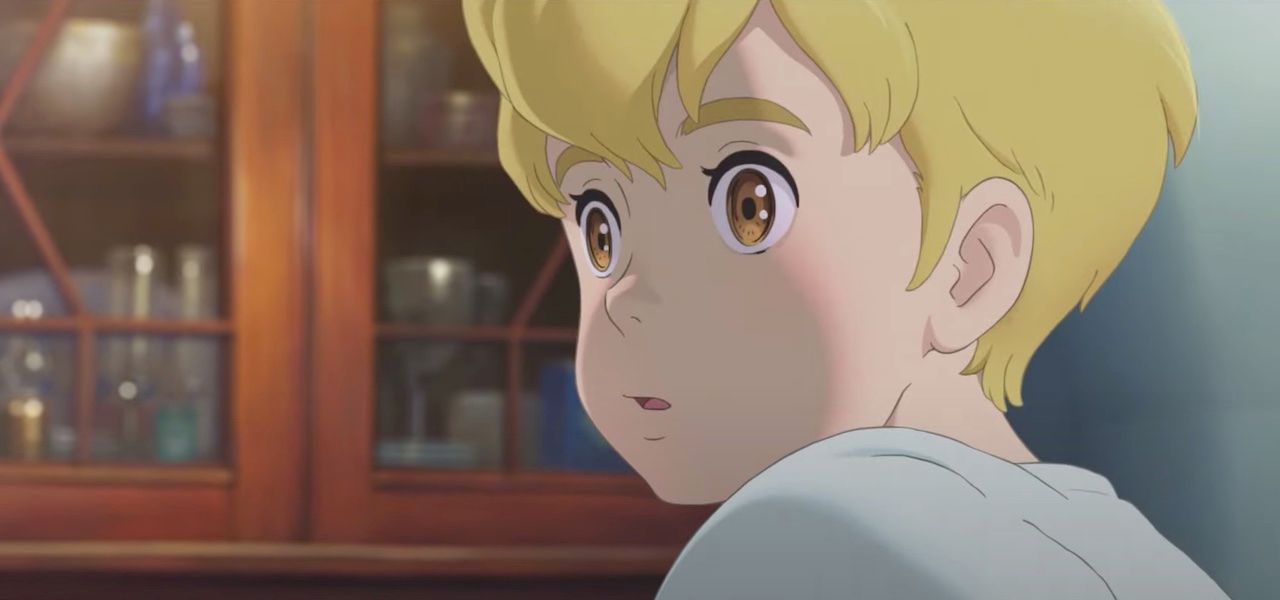
The Imaginary (2024) — Movie Review
- Jul 11, 2024
From the limitless imagination of children comes Yoshiyuki Momose's brilliant animation feature, "The Imaginary," inspired by the British novel written by A.F. Harrold with Emily Gravett's enriching illustrations. The movie, which centers around a little girl Amanda (voiced by Evie Kiszel) and her imaginary friend Rudger (Louie Rudge-Buchanan), arrives hot on the heels of John Krasinski's live-action hybrid "IF" and precedes the anniversary of "Forster's Home for Imaginary Friends" on Cartoon Network.
Against the backdrop of shape-shifting scenery and a starlit sky, we journey into Amanda's world, where Rudger's existence helps her cope with her father's death. The theatrical magic of the film flows beautifully, thanks to Studio Ponoc that previously brought us "Mary and the Witch’s Flower." The studio's impressive pedigree, with members skilled in the art of Studio Ghibli, promises an animation of stunning fluidity and heart-touching narratives.
The whimsical flick features beautiful semi- hand-drawn characters and phenomenal digital effects that supplement the detailed and beautifully illustrated scenes, igniting the vintage feel of hand-drawn animation. Moreover, the storyline serves a vivid potpourri of human-like and abstract imaginary friends thrown into a battle of reality vs fantasy ensuing a thrilling and sometimes perplexing narrative.

Despite few loopholes in the plot, "The Imaginary" delivers an emotionally charged ending, bringing together the main characters, Amanda and her mother, Lizzie. The arrival of this empathetic gem on Netflix on the same day as the screening of "Despicable Me 4" outlines the stark contrast between creative, moving animation and formulaic commercial ones.
"The Imaginary" accurately encapsulates the essence of childhood through the creation of make-believe friends, mirroring each child's unique needs and worldview. For Amanda, Rudger represents her late father's protective role, providing her unwavering companionship in her moments of joy and contemplation. The impermanence of Rudger's existence draws a poignant picture of the fleeting nature of imaginary friends, manifesting only as long as the child wishes them to be.







